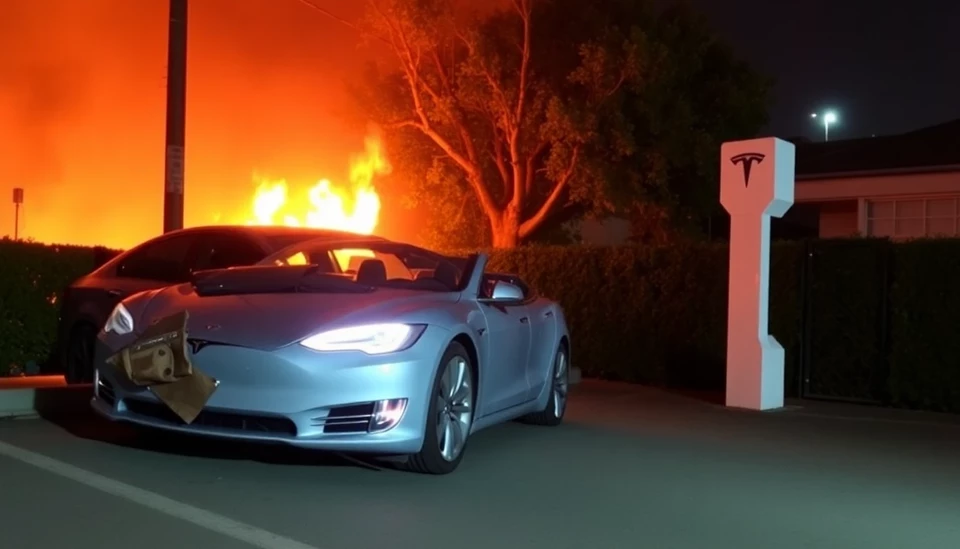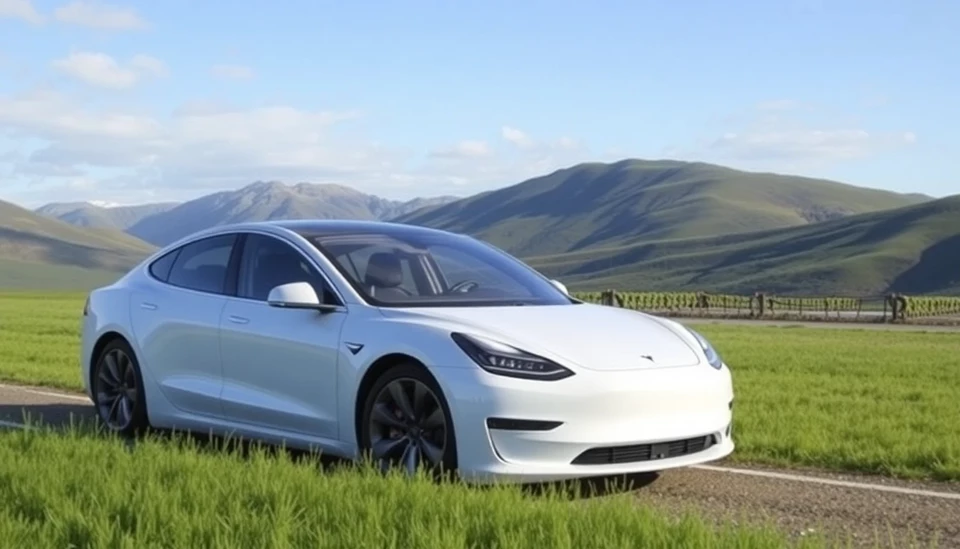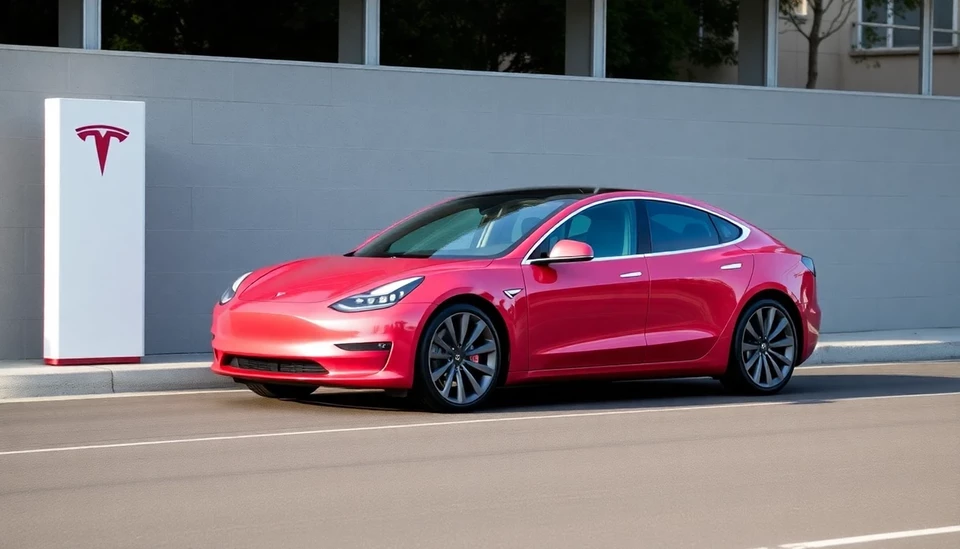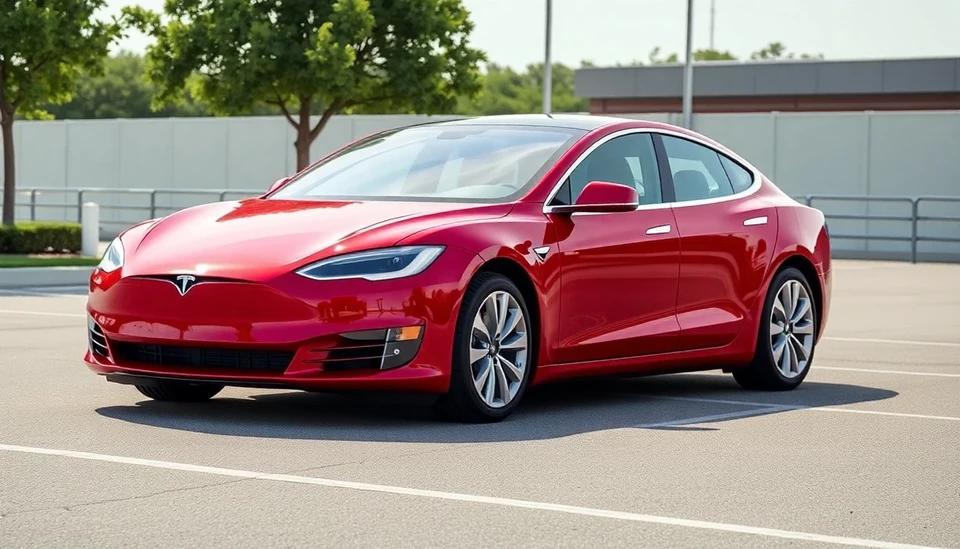
The ongoing controversy surrounding Tesla vehicles has intensified with recent incidents of burning cars, which have raised alarms over the safety of these electric vehicles. This latest development adds another layer of complexity to the already challenging process of Los Angeles's shift towards a more electrified fleet.
Last week, firefighters in Los Angeles responded to multiple reports of Tesla cars igniting and emitting hazardous fumes. These incidents have reignited discussions regarding the environmental implications of electric vehicle batteries and their potential risks in urban settings. Fire officials note that lithium-ion batteries, which power most electric vehicles, pose unique challenges when they catch fire; they can reignite days after being extinguished due to the chemical reactions that occur within the battery cells.
Experts have pointed out that Tesla's rapid expansion and the increasing prevalence of electric vehicles could mean that the frequency of such incidents may rise. The company has emphasized its commitment to safety and has been updating software to monitor battery conditions to prevent overheating. Despite these measures, skepticism remains among both the public and regulatory bodies.
The hesitation surrounding the return to electric vehicles in Los Angeles stems from a confluence of factors, including safety worries, battery disposal issues, and lingering public sentiment against electric vehicles after previous incidents. As the city aims to meet its ambitious climate goals, officials are finding it increasingly difficult to navigate the controversy surrounding Tesla and other electric vehicle manufacturers.
The safety concerns linked to Tesla cars have also drawn the attention of local lawmakers. Many are calling for stricter regulations concerning the production and testing of electric vehicle batteries. This push for regulatory oversight could delay the timeline for Los Angeles to fully realize its planned transition to electric vehicles as policymakers grapple with balancing environmental goals against rising public safety concerns.
Moreover, these burning incidents have reignited a broader dialogue about the environmental impact of manufacturing and disposing of electric vehicle batteries. Critics argue that until solutions are found to mitigate the environmental footprint of the entire lifecycle of electric vehicles, including battery production and disposal, cities should reconsider their fast-tracked electric vehicle adoption plans.
As Los Angeles officials monitor these developments closely, the tension between safety, environmental sustainability, and the urgency of transitioning to electric vehicles continues to escalate. For many, the path forward appears fraught with complications, but it remains to be seen how these issues will be addressed in future policies directed at achieving a greener, cleaner city.
#Tesla #ElectricVehicles #LosAngeles #SafetyConcerns #Sustainability
Author: Sophie Bennett




